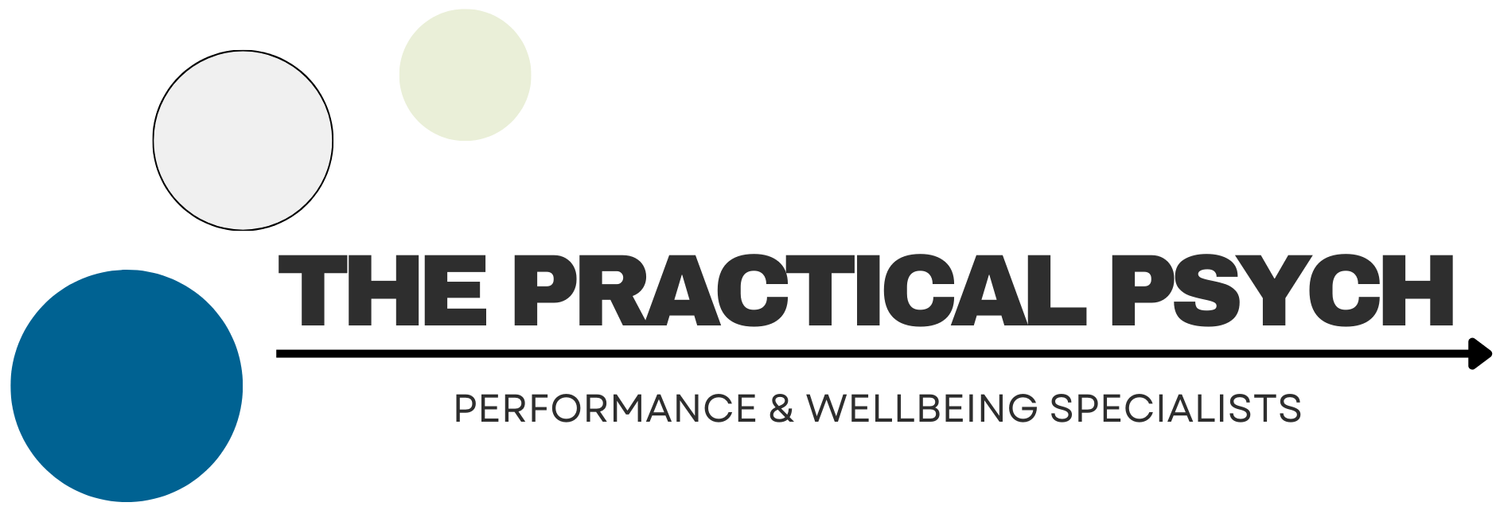How To Be Curious, Not Judgemental
How To Be Curious Not Judgemental
Ever feel like people are quick to judge and label you based on limited interactions or impressions? Like they've already made up their minds about who you are as a person before getting to know you?
It's a common human tendency to size up others and put them in neat little boxes.
The brain loves categories. It's efficient. Also feels safer, keeping the chaos of humanity at bay.
But in our quest for order, we often miss the deeper story. The nuances. The contradictions. The shared hopes and struggles that connect us all.
What if we approached life with childlike curiosity instead of judgment?
Maybe it's time to reboot. Hit refresh on our mental programming. But first, we must appreciate.
The Freedom of Not Knowing
"A moment's insight is sometimes worth a lifetime's experience." - Oliver Wendell Holmes Sr.
How often do we acknowledge the mystery of the present by not leaping to conclusions? Rarely.
Our predictive brains crave explanations.
Like during an uncomfortable silence in conversation. We race to fill it, as if quiet = awkward. When actually, it may signal the formation of a deeper connection. Staying curious takes courage. To sit with the wobbliness of ambiguity. To remain open-minded in a world shouting certainties.
Admitting "I don't know"
We release our grip on assumptions. Create space for new perspectives to emerge. Rediscover the humility that we're all just fumbling through this thing called life.
The point is, we never have the full context. Hidden stories hide behind observable behaviours. Past pain, present struggles, dreams and disappointments.
While first judgments aren't facts, they sure can become self-fulfilling prophecies. We get the future we expect. So why not shake things up? Instead of labelling people, get curious about them.
Curiosity Creates Connection
"Stay curious. The most powerful weapon we have against hatred and violence around the world today is empathy." - Jason Sudeikis as Ted Lasso
Have you watched the show Ted Lasso on Apple TV? Jason Sudeikis plays a superb American football coach hired to lead an English soccer team. Premier League meets fish-out-of-water comedy.
Though the show's packed with laughs, Ted's character also models a powerful mindset. He meets each person with openness and sincere interest in understanding their perspective.
Rather than assumptions, Ted enters every interaction asking:
Why do they act this way?
What do they value?
What are they dealing with under the surface?
This childlike curiosity becomes Ted's superpower for disarming hostility and forging connections in unlikely places.
It turns out that most people just want to feel heard and seen, not quickly labelled, dismissed, or demonised for being different.
Like Ted, we can learn to ask better questions from a place of empathy. Questions that help people feel recognised as the complex individuals they are underneath the armour.
How to Be an Explorer, Not a Judger
"Be curious, not judgmental." - Walt Whitman
Pause when you catch yourself labelling someone. Get curious instead. Disengage autopilot reactions.
Then take a deep breath and ask within:
· What's likely going on for them?
· What story lies below the surface?
· How do they see the world?
· Where did they come from?
· What pain or joy shaped them?
· What dreams fuel them?
· How can I relate to their experience?
No judgment is required. Only presence. Patience.
What are the rewards for dropping our judging reflex? More wisdom, less loneliness, surprising friendships, and the humbling gift of seeing people as the complex, imperfect, beings they are.
Just like you and me. Messy works-in-progress, learning as we go.
Explore more. Label less. Everyone will benefit.
We are Coaching & Clinical Psychologists with extensive experience helping people conquer performance and wellbeing issues. Read more about our work, watch practical skills videos or browse other articles. Get in touch anytime.




